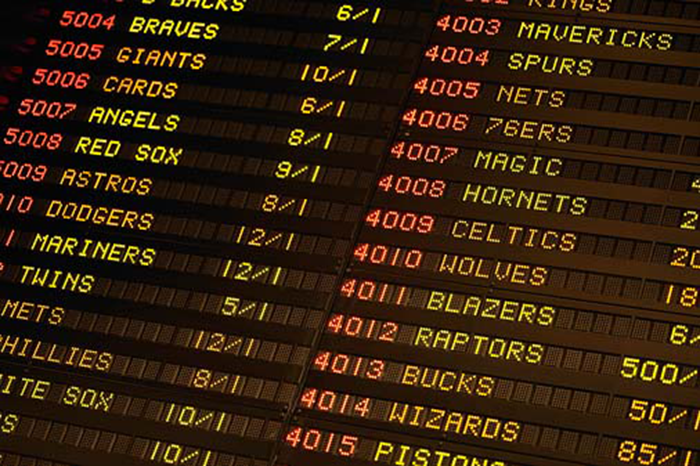Hello, people of the internet. I am Damon. Sports betting analyst, handicapper and overall jackass.
You can check me out every week on the BetUS.com hit sports betting online show BetCenter. Drink me in here: Damon D’s Betcenter
Apparently, I know enough about NFL betting to have been cordially invited to submit some of my musings on this fine web thingy here.
The perspective you will get from this article is that of a man immersed in the world of sports betting, and because of this, he drinks a ton of beer.
Take it from me; this stuff is hard to do.
But, hopefully this little ditty will give you a different perspective on how the whole thing works, as well as give you a step ahead in all those office pools and weekly parlays we all end up getting roped into.
For starters, we are going to need to understand the point spread. I know you all know what a point spread is, but until you have a grasp on how it’s created – and why – you can’t fully take advantage of it.
Picking games straight up is not hard. Heck, you could pick the point spread favorites to win straight up on the still hit close to 75% most weeks. I know, the talking heads on sports reports are terrible at it.
It may be tough to run the table picking straight up each week, but in all honesty it is child’s play compared to picking against the spread
So, what’s a spread?
That’s the plus or minus number beside the teams in every football game line you see. It either takes points away or adds them to a team in order to even the playing field between teams that may not be the same caliber. Think of it like a handicap in golf.
It definitely gives you an indication of which team is supposed to be better than another, but that is generally as far as it goes. Since the spread is actually a tool for wagering, the “truth” behind the actual caliber of teams playing is often skewed, or just not as accurate as the spread might have you believe.
Why you ask?
Because a point spread is meant to encourage an even amount of wagering on either side of a game.
It doesn’t matter to the sportsbook or bookie how the teams REALLY match up, all that matters is how people THINK they match up.
Now, if that sounds confusing, let me give you some perspective.
Betting on the Buffalo Bills is hard. Who wants to put money on the Bills? Just placing that wager is a difficult thing for your average sports bettor to justify, point spread or not. The Books know this, and will inflate the point spread to encourage people to bet on the Bills.
The opposite happens for good teams. Everybody likes to bet on them. Especially very popular ones – think Dallas, New England, Pittsburgh – and that line also will be set in a way to encourage BETTING, not reflect talent.
If you know this, and can identify the games and spreads from week to week that are set for wagering and not for skills, then you my friend have an opportunity to clean house betting on football.
This is also the reason the spreads often change throughout the week. Of course, an injury or news coming out can cause the line to be adjusted but, for the most part, it moves because of money.
If there is an imbalance of money on either side of a game, the line will move in order to encourage money being placed on the other side in hopes of making the amount even.
If you know this. You can use it to your advantage and a line can move from where you didn’t have value to exactly where you want it to be.
And there you have it, the basics of the point spread. Now DON’T tell anybody! It’ll be our little secret.
You can find Damon D every week on BetCenter at BetUS.com, and follow his Tweets on Twitter.com/DamonD.



